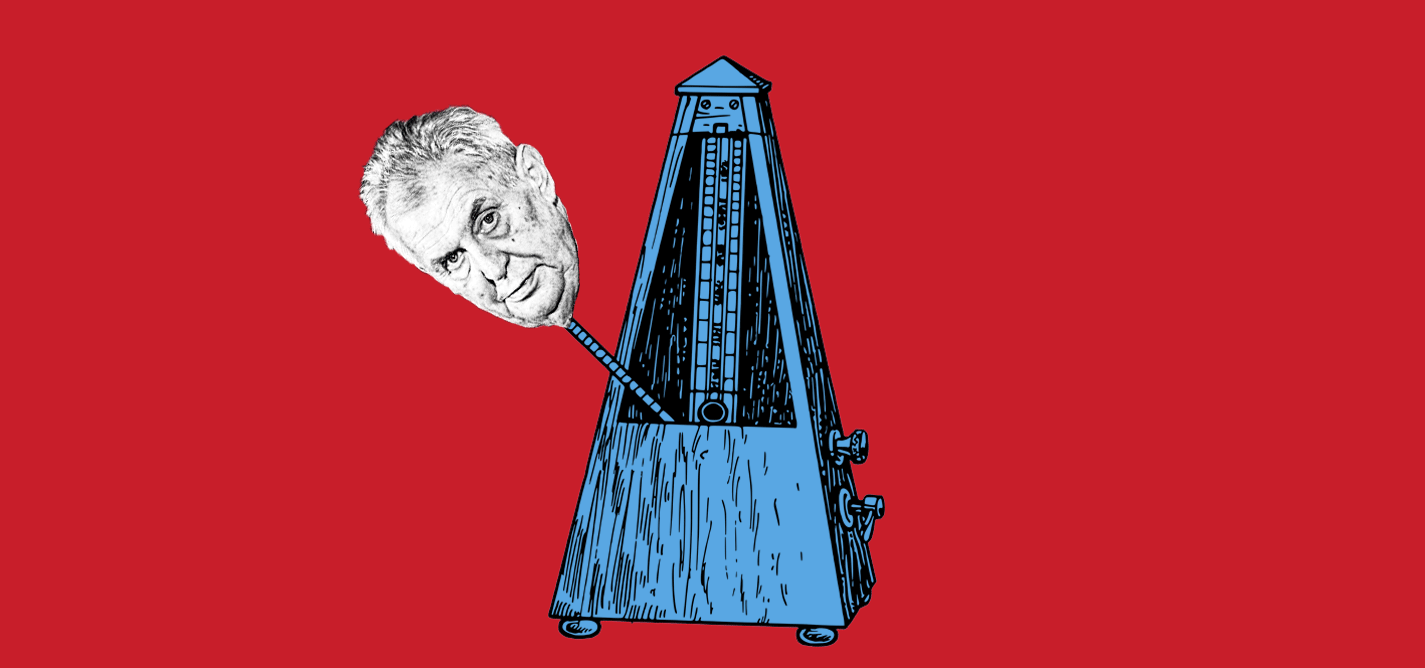
Could the Czech Republic really withdraw Kosovo recognition?
Zeman turns his back on his legacy, but is faced with international law.
Belgrade seems to be quite successful at reducing the number of recognizing states.
It is no secret that Zeman is trying to devote much of his attention to the East, especially toward Russia and China.
The president is supposed to represent the state externally in line with its interests and official policy.

Blerta Sejdija
Blerta Sejdija is a Political Science and Albanology student at Charles University in Prague. She was born and raised in the Czech Republic, but is of Kosovar Albanian background. She is a human rights activist specializing in women’s rights and founded her own NGO, “Beat Sexism,” at the age of 16.
DISCLAIMERThe views of the writer do not necessarily reflect the views of Kosovo 2.0.
This story was originally written in English.